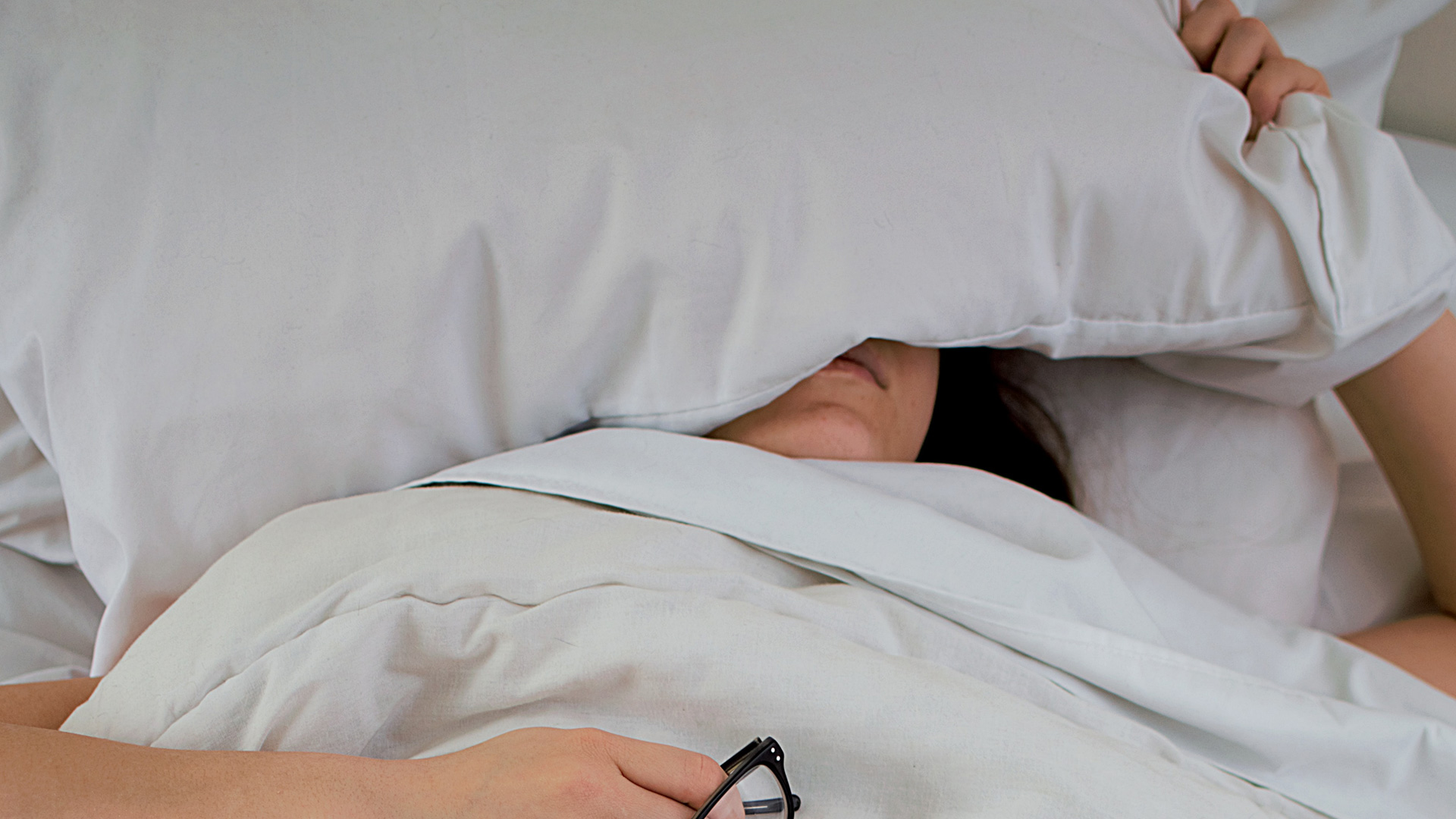'Night owls' are more open, straightforward, and excitement-seeking according to science
Here's what your sleep preferences say about your personality


You might be forgiven for thinking that a preference for rising early or for staying up late doesn't have much bearing on anything other than your feelings towards your alarm clock. But recently we reported on a study that concluded early risers were less likely to suffer from depression, and further digging reveals that in fact, a natural tendency towards 'morningness' or 'eveningness' can actually be linked to certain personality types.
Personality is often considered in terms of the Big 5 traits – Neuroticism, Extraversion, Openness, Agreeableness and Conscientiousness – which can are then be subdivided into further facets. A 2021 study found links between particular personality traits and earlier chronotypes (morning people) or later chronotypes (night owls). T3 spoke to Anita Lenneis, the lead author on the paper, to find out more.
"We found that when controlling for age, gender, education, and season, Conscientiousness was linked to earlier chronotypes, whereas Openness was linked to later chronotypes," she explains.
When you break things down into more specific facets of each trait, there are more interesting links. Earlier chronotypes reported higher levels of self-discipline (a facet of Conscientiousness), while later chronotypes were linked to higher levels of straightforwardness (a facet of Agreeableness) and excitement-seeking (a facet of Extraversion).
The study used both a questionnaire and DNA testing, and both found these same conclusions, which means these links could be partly due to genetics.
Cause or effect?
While that study didn't look into whether there's a cause and effect relationship between chronotype and personality traits, Anita says that, from a personality psychologist's point of view, there are a few ways in which one might influence the other.
For example, there are two ways in which your personality might influence your chronotype. The first is that your personality shapes your preference for certain social activities, which in turn affects when you wake up and go to bed. "For example, people who score high in excitement-seeking might more often engage in alcohol usage and risky sexual behaviours – behaviours that typically occur later during the day," says Anita.
Get all the latest news, reviews, deals and buying guides on gorgeous tech, home and active products from the T3 experts

The second way is that your certain personality types might be more likely to make active decisions relating to their sleep and wakeup times. "Highly conscientious people typically are on time and do not oversleep, so they might go to bed earlier so that they do not miss important meetings."
However, it could just as easily be the other way around. "It could also be that people's chronotype influences their personality – so because people are alert in the evening, they might try out new restaurants and bars, i.e. a something that people high in Openness enjoy doing," says Anita. "Personality and chronotype might also mutually influence each other, which is supported by our findings that personality and chronotype also correlate with each other at a genetic level."
You can read the full paper here.
Read more:
- Explore T3's best mattress ranking
- The best wake-up lights can promote a more natural wake-sleep cycle
- Here's how to sleep better at night

Ruth was T3's Outdoors and Wellness Editor from 2020 to 2022, covering hiking, camping and adventure sports kit, as well as mattresses, sleep accessories, yoga and general wellness. She's now a Homes Editor at sister site TechRadar, where she deals in all things air (vacuum cleaners, robovacs, fans and air purifiers), and hair (hair dryers, straighteners and stylers).